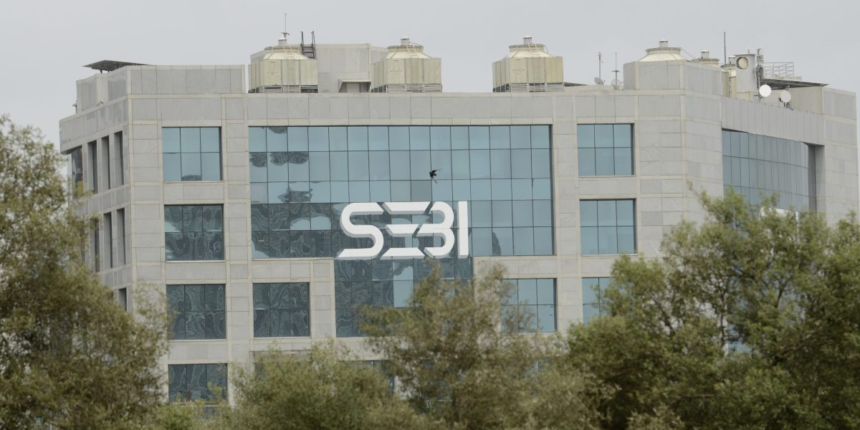India has temporarily barred Jane Street Group LLC from accessing the local securities market for alleged index manipulation, dealing a severe hit to the U.S. firm that made $4.3 billion in trading gains there in more than two years.
Jane Street made about 365 billion rupees ($4.3 billion) in overall gain from trading in Indian derivatives and cash market during the period between January 2023 and March 2025, according to the SEBI order.
“SEBI is sending a message to global HFT giants that you are welcome to trade here but if you undertake unfair practices then we also hold a stick,” said Tejas Shah, head of derivatives trading at Equirus Securities Pvt. “I would expect some temporary impact on volumes as other HFTs sit back a little.”
Shares of Nuvama Wealth Management Ltd., Jane Street’s local trading partner, plunged 11% in Mumbai trading, the most in three months. India’s benchmark NSE Nifty 50 Index was little changed while a broader gauge of Asian equities fell 0.3%.
SEBI alleged that on weekly index options expiry days, Jane Street used a large amount of funds to influence price action in the futures as well as the cash market—where volumes are relatively low. That allowed it “to put on significantly larger and profitable positions in the highly liquid index options market by misleading and enticing a large number of smaller individual traders.”
The regulator had warned Jane Street to avoid such trading practices as early as January this year, according to a person familiar with the matter, who asked not to be identified discussing private information. The investigation found that the trading strategy continued to be used in May, the person said.
SEBI also said the restrictions can be lifted if Jane Street deposits the said amount in an escrow account at a designated bank in India.
Jane Street disputes the findings of the SEBI interim order and will further engage with the regulator, a representative for the U.S.-based market maker said in a statement. SEBI said the firm can contest the regulator’s “prima facie observations” within 21 days of the receipt of the order.
“This may signal SEBI’s growing vigilance and willingness to assert control over foreign institutional activity making hefty gains in its derivatives market—particularly where such strategies blur the line between smart trading and market distortion,” said Charu Chanana, chief investment strategist at Saxo Markets in Singapore.
Global high-frequency trading and market-making firms from Ken Griffin’s Citadel Securities LLC to Optiver have rushed to expand operations in India in recent years as the retail investor-led boom saw options premiums surge 11-fold in the five years to March 2025.
The retail frenzy has helped foreign funds and local proprietary firms that use algorithms as they pocketed $7 billion in gross profits in the 12 months ended in March 2024, according to a SEBI study. Retail investors, meanwhile, lost an equivalent of $21 billion from trading futures and options in the three years to March 2024., according to the regulator.
The regulator’s action “will also create a level playing field for everyone especially the local players who were losing a lot of money,” said Shah of Equirus.
SEBI also directed Jane Street entities to close out or square off any open positions they may have in exchange-traded derivative contracts within three months from the date of order or at the expiry of such contracts, whichever is earlier.
Jane Street is “committed to operating in compliance with all regulations” in the regions it operates in around the world, the firm said in its statement.
“This is a good move by SEBI, but we need more corrective measures to protect market integrity,” said Deven Choksey, managing director at DRChoksey FinServ Pvt. “Mechanisms like Algos, HFTs are creating inequalities in the markets. Institutions have an edge.”









